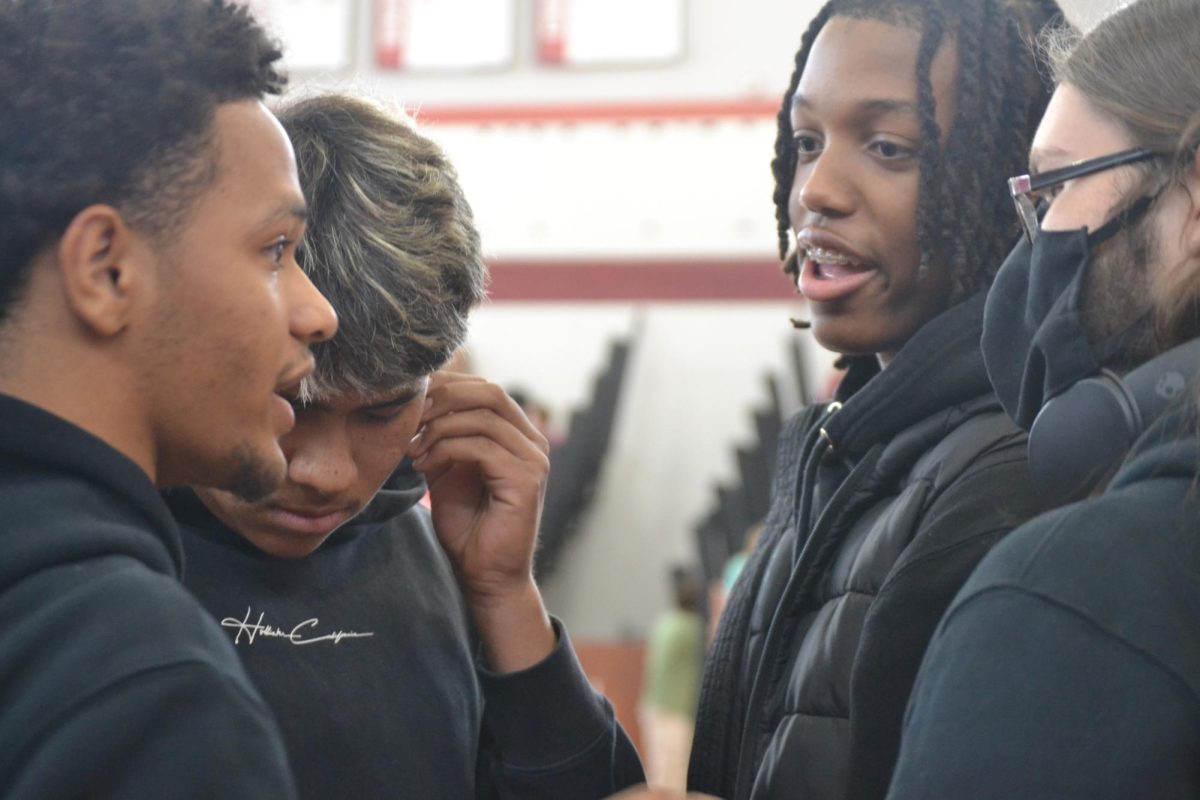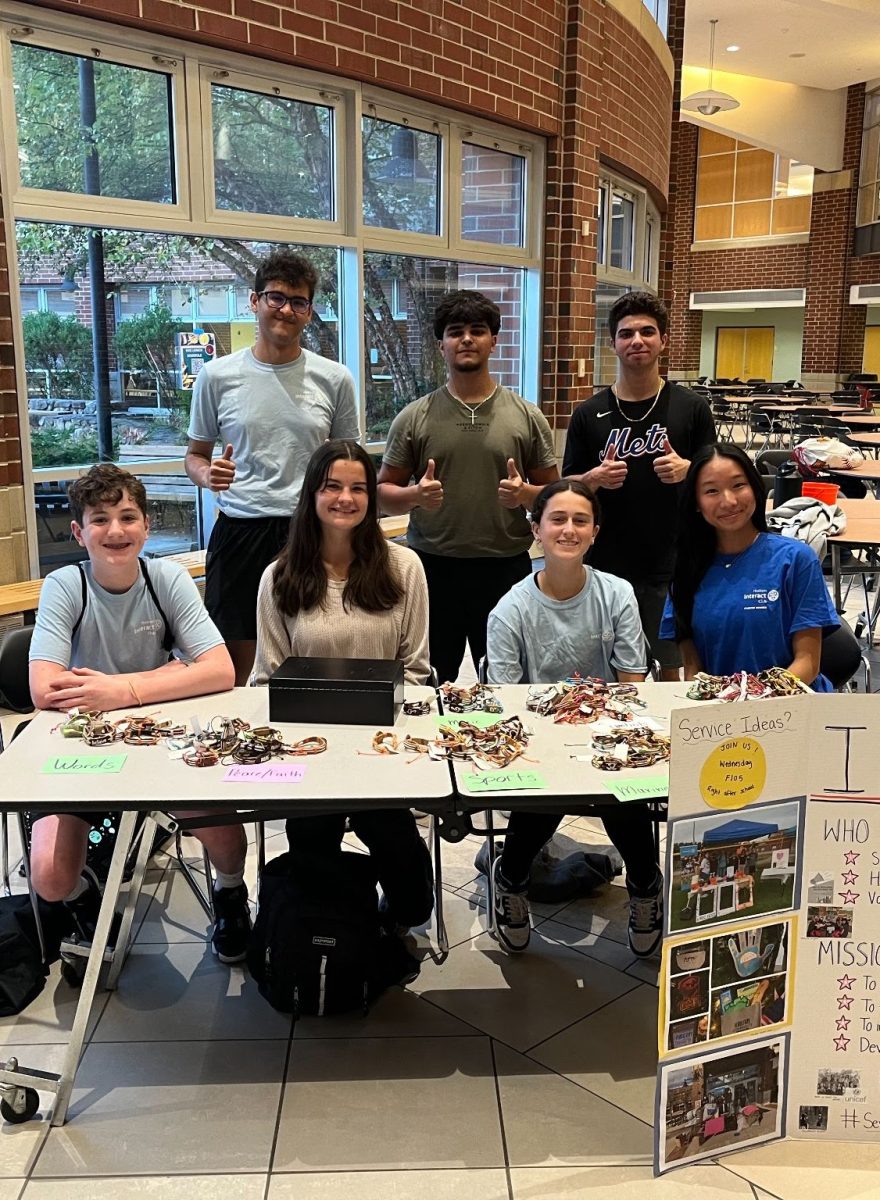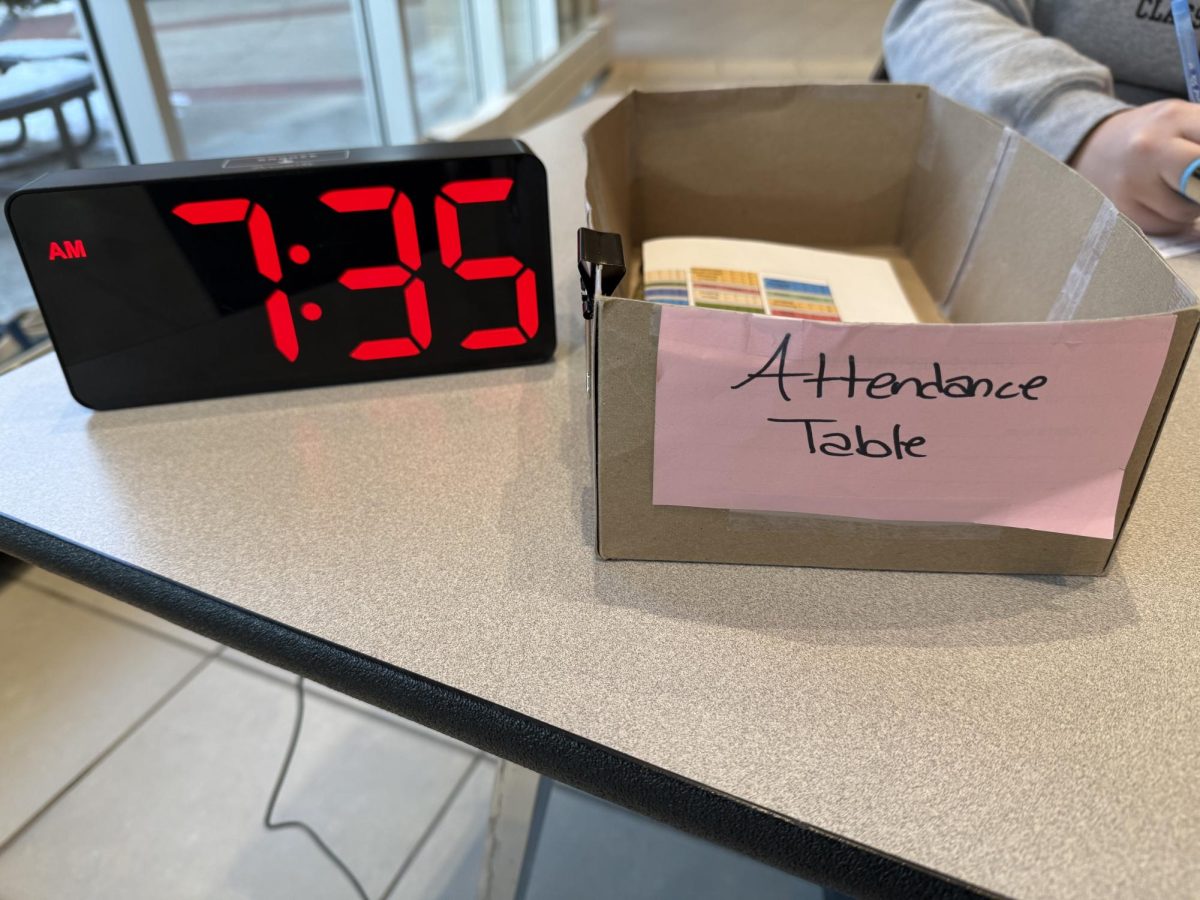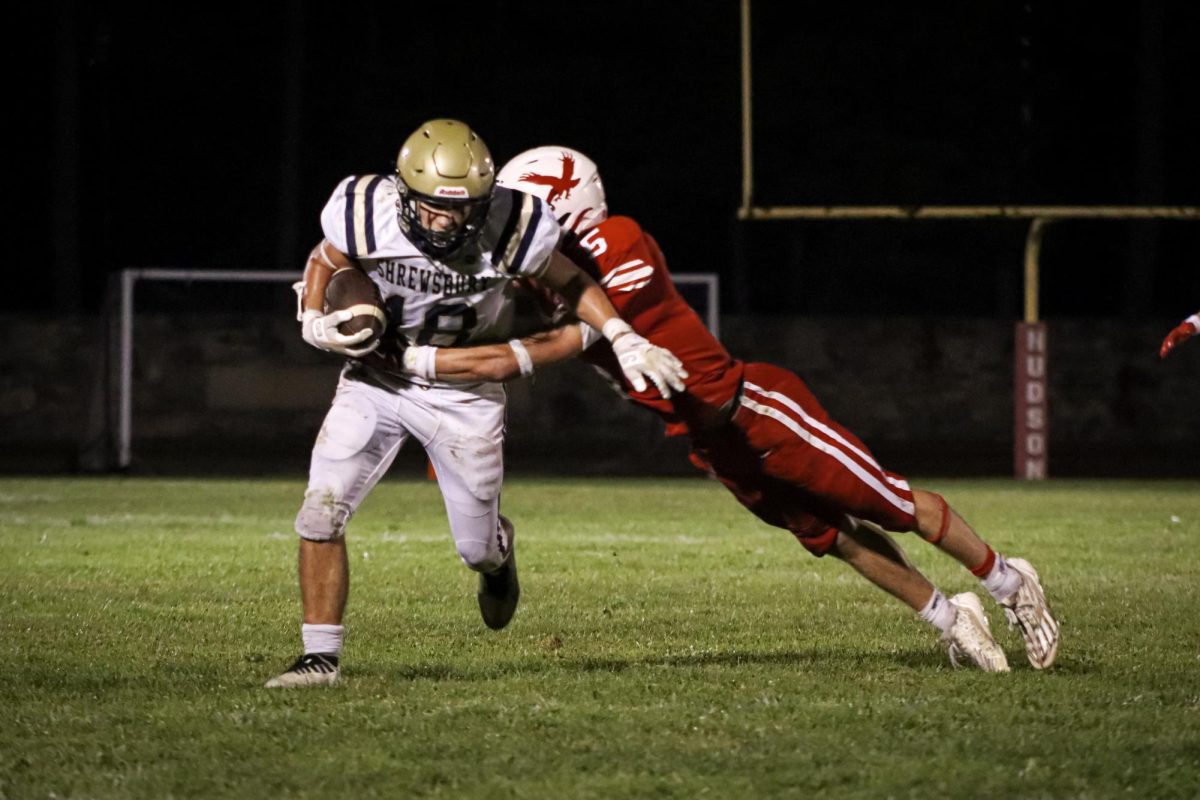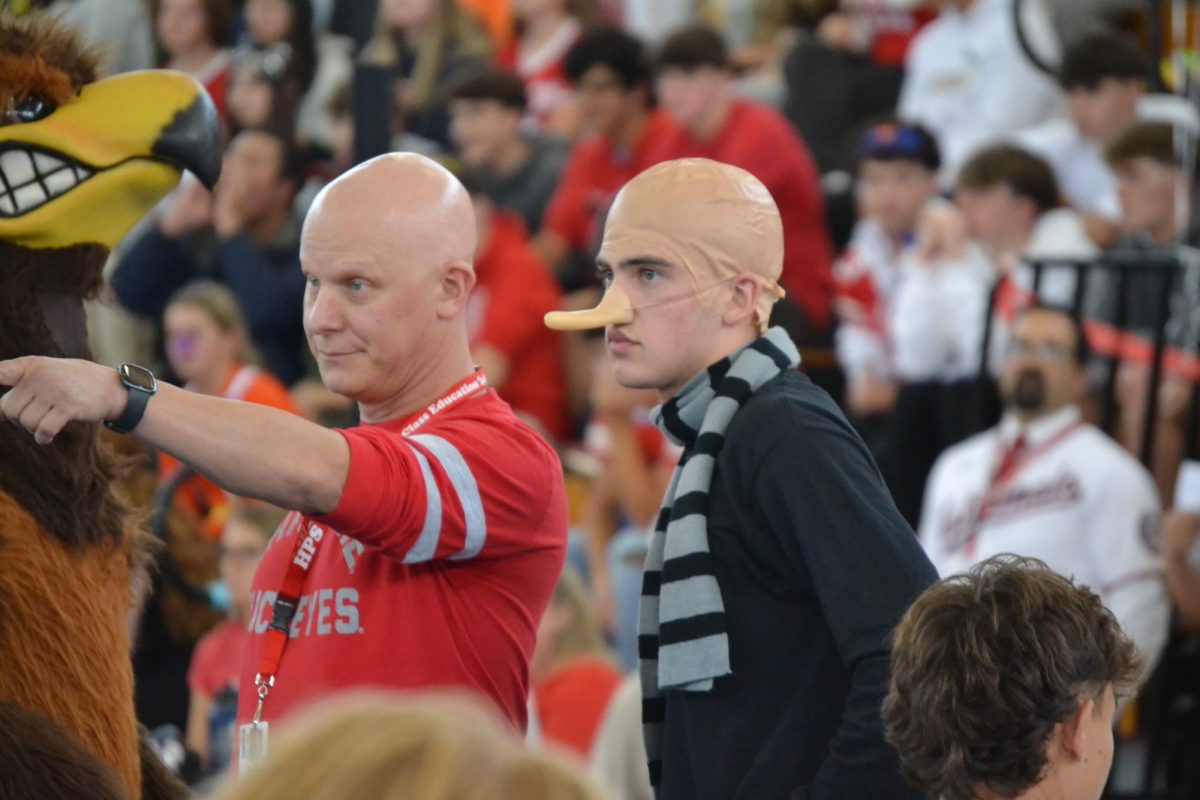Most AP classes culminate the course with a standardized exam that measures how well you have measured the content and skill of that course, for AP Seminar the final is a high-stakes research project that students present to a college board.
Since 2017 Ms. Nielsen’s AP Seminar classes have been presenting their research projects to a college board. The project takes around two months and there are three parts to the entire project. The first step is a sit-down exam and the last two parts are presentations. The first presentation is in a group and only to the class and the final presentation is an individual where students present to a college board.
Some of the real-world topics this year included the effect of social media on student-athletes, exploitation of immigrants, and fear in job interviews. These topics are very specific and students look at different statistics and try to find a solution to these problems.
In past years students have pursued these topics/problems in college and have made a change. Each year Nielsen will have former students come in while students are researching and the alumni will give students advice and help them complete the projects.
The purpose of the AP Seminar is to improve research and public speaking. The class takes a different approach than your routine core classes.
“In school students are used to science, then math and then ELA but it’s important to zone in on one specific real-world topic and experience something different,” said Nielsen.
Sophomore Alessandra Burnett is currently taking AP Seminar and she took a different approach to this project than her usual presentations.
“I would say that I am working harder on this project than usual because the presentation is submitted to the college board. I spent a lot more time rehearsing my presentation for this project than I normally would for other presentations (like current events),” said Burnett.
Ever since Nielsen started this project she has seen it benefit students immensely and she thinks it is a great change of pace for high school students.
“When the students present it is empowering to them when they have adults who want to hear what they have to say and knowing something adults don’t,” said Nielsen.
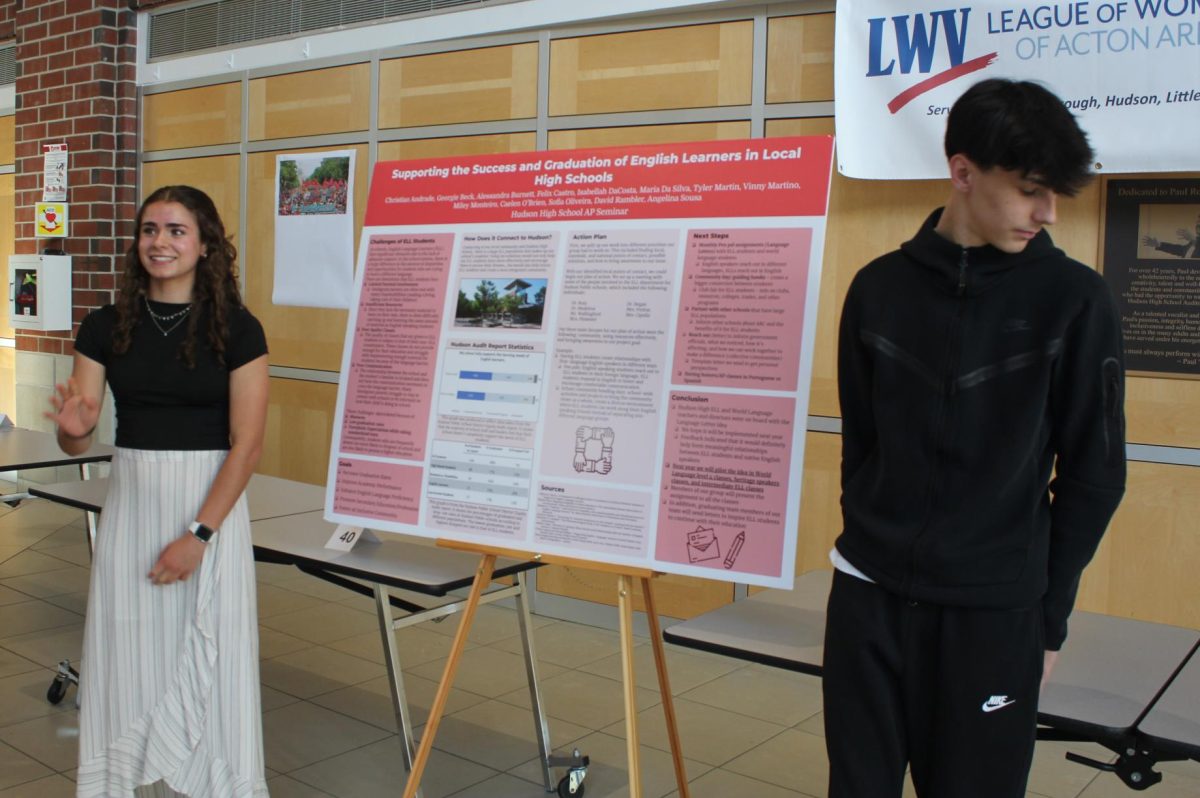
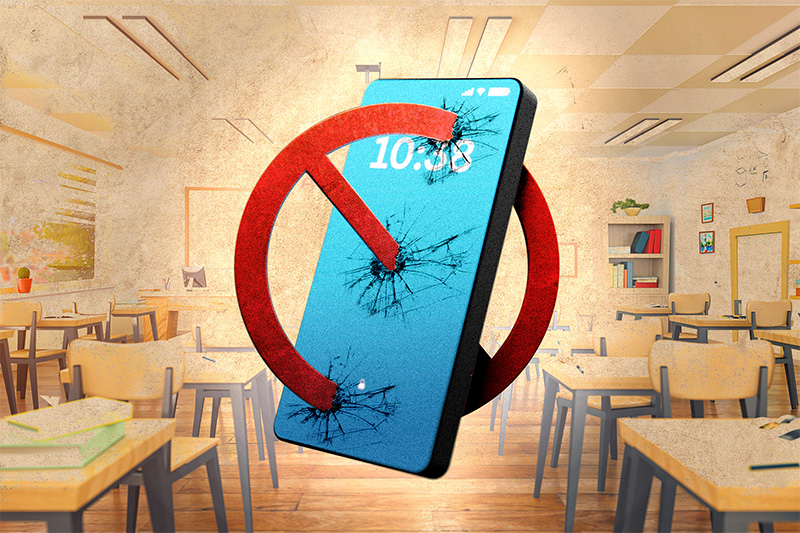
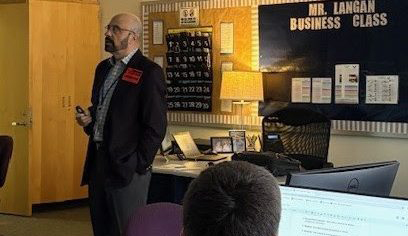
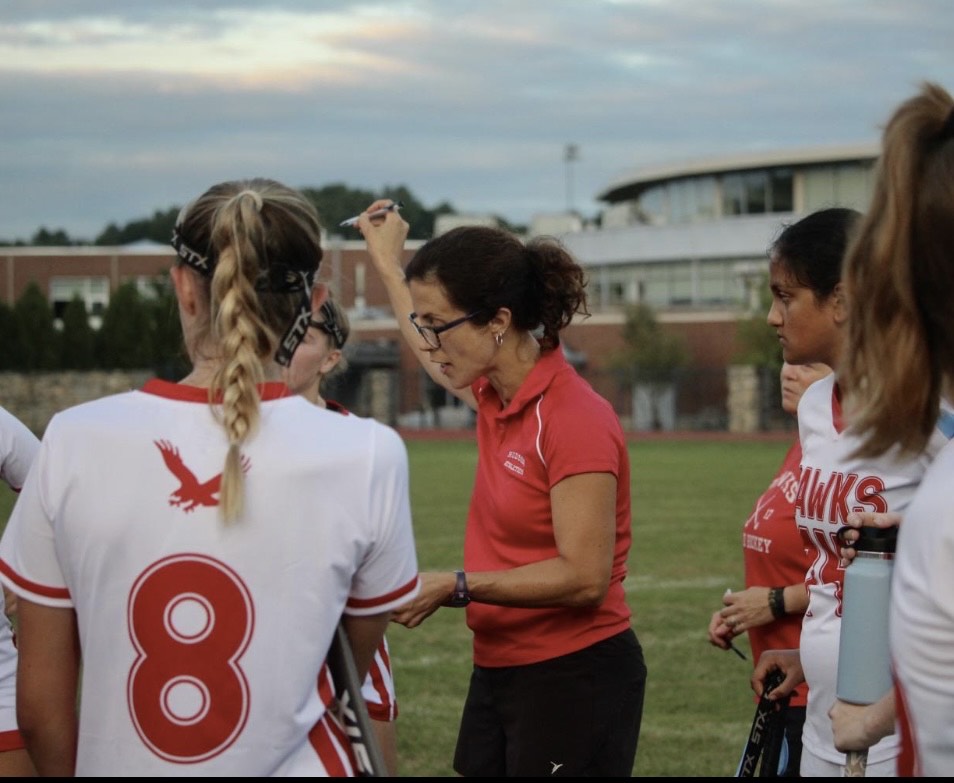
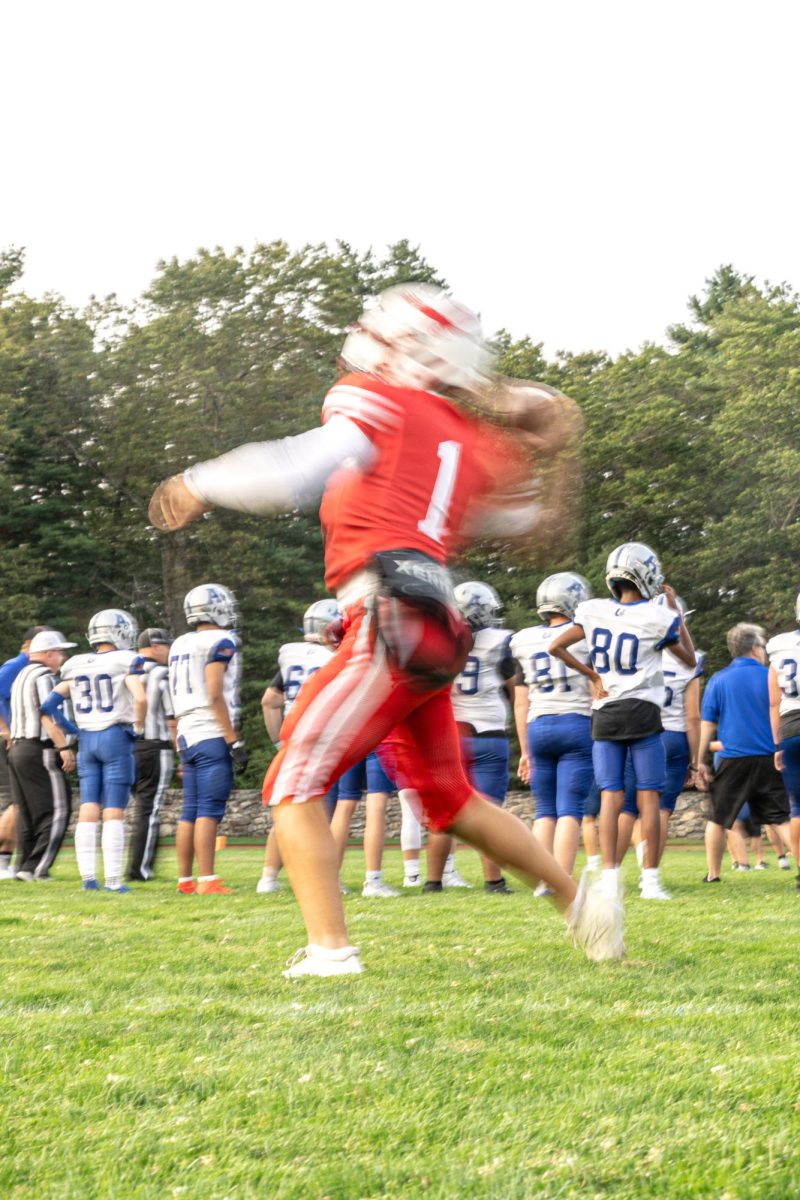
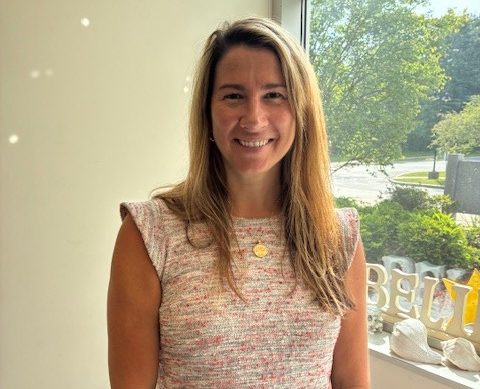
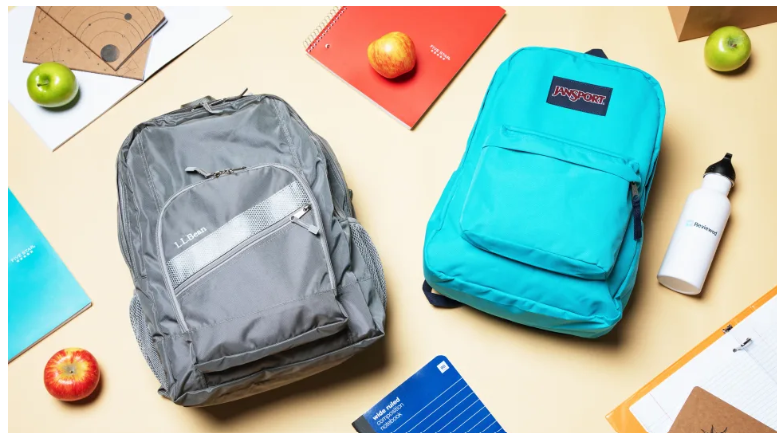

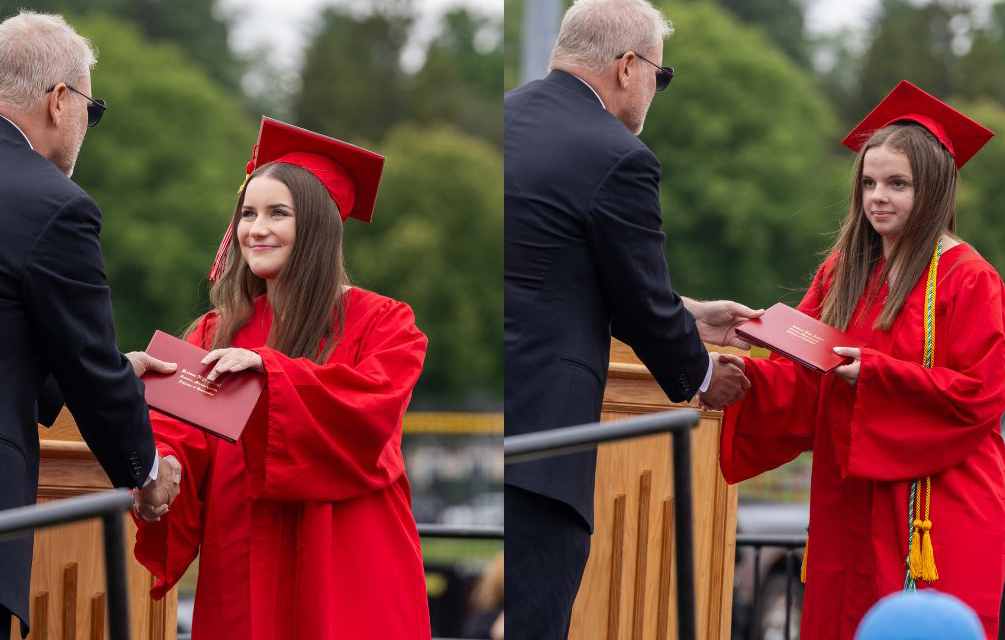
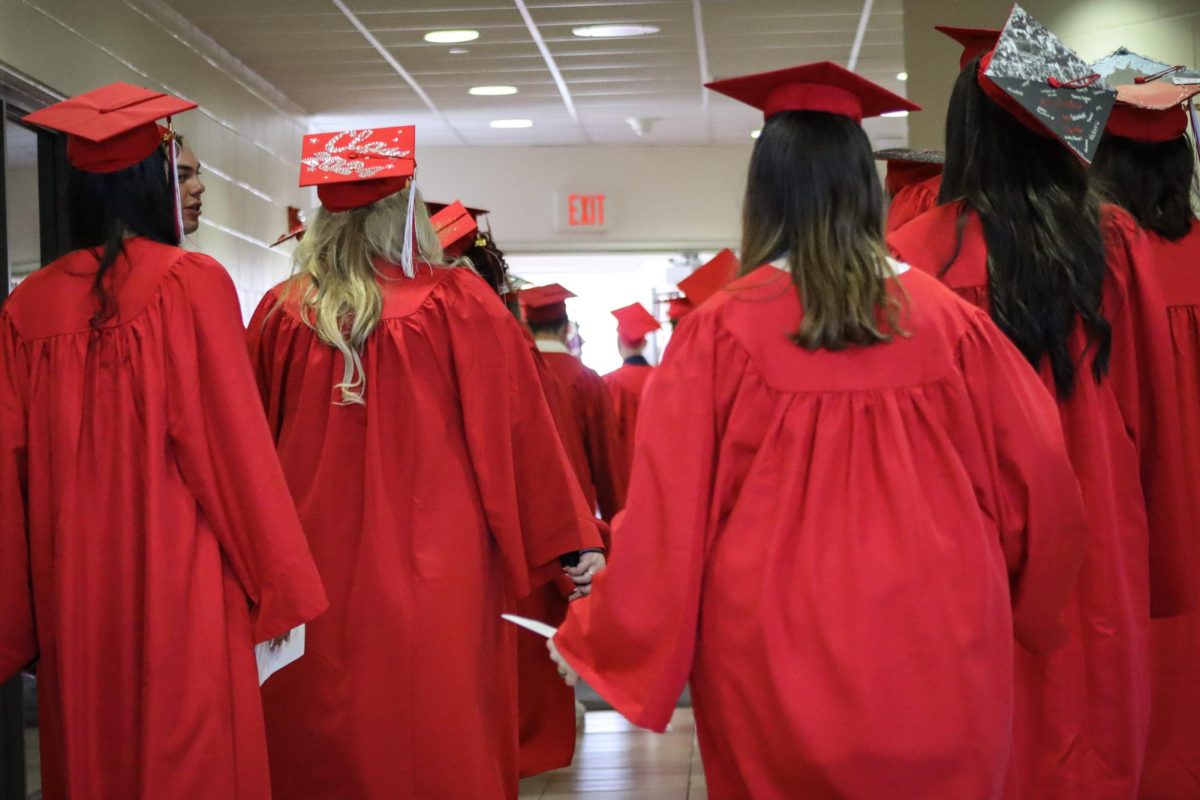
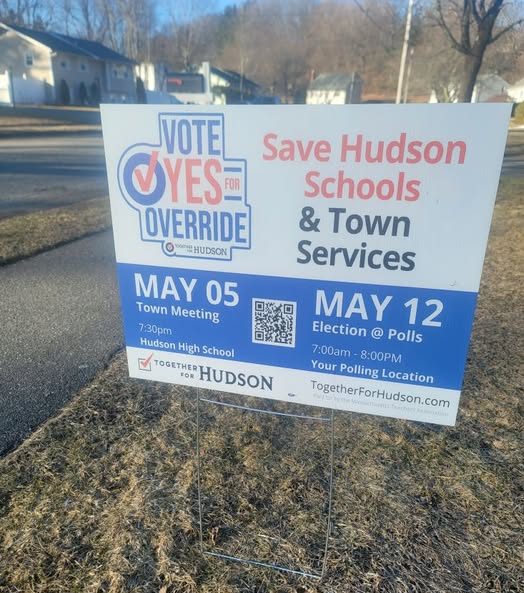
![Brazil's Neymar walks onto the pitch during his debut for Santos FC in a Sao Paulo league football match against Botafogo, in Santos, Brazil, Wednesday, February 5, 2025 [Andre Penner/AP]](https://bigredhawks.com/wp-content/uploads/2025/04/Neymar-is-Back-e1743558992671.jpg)

